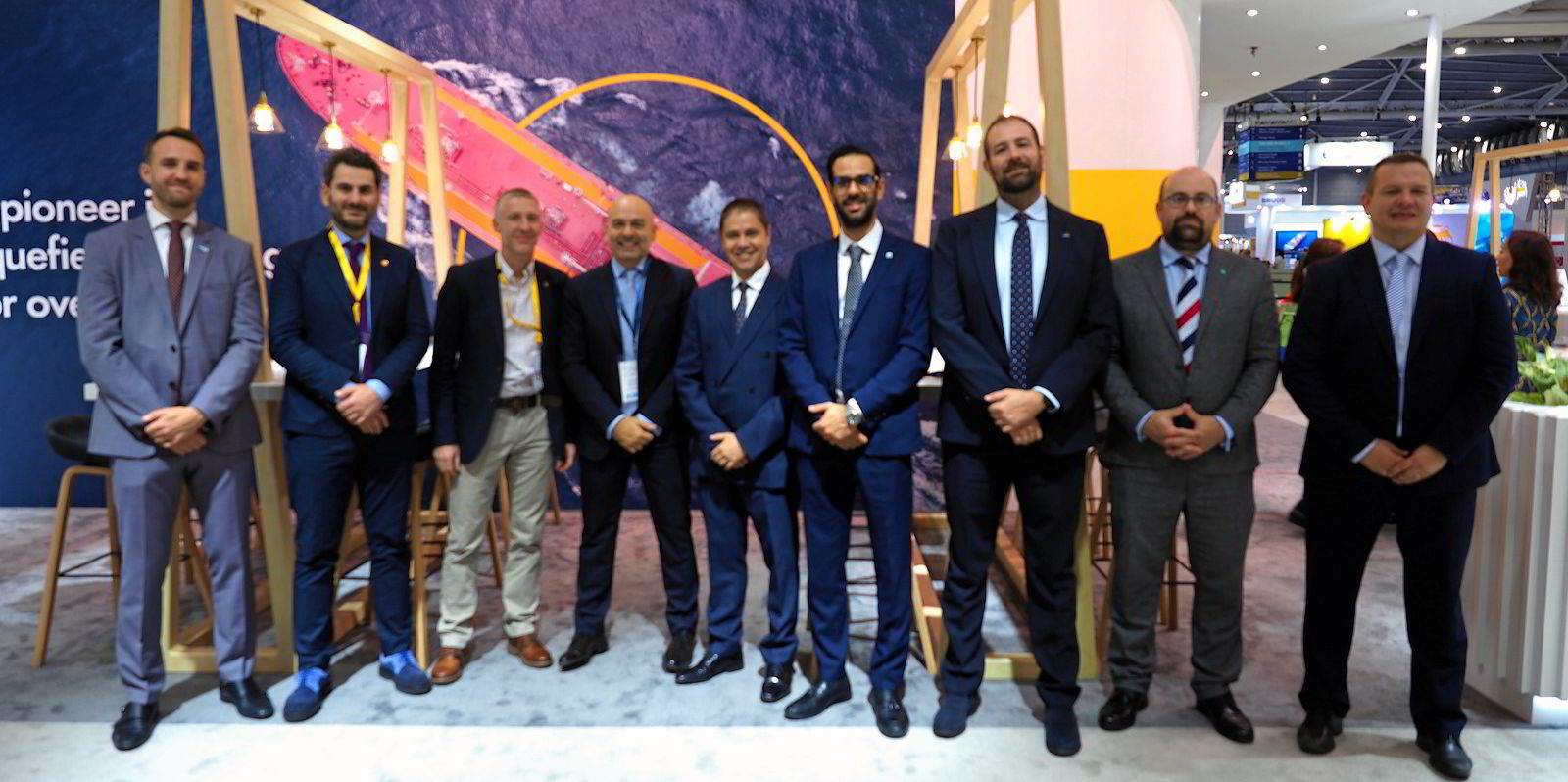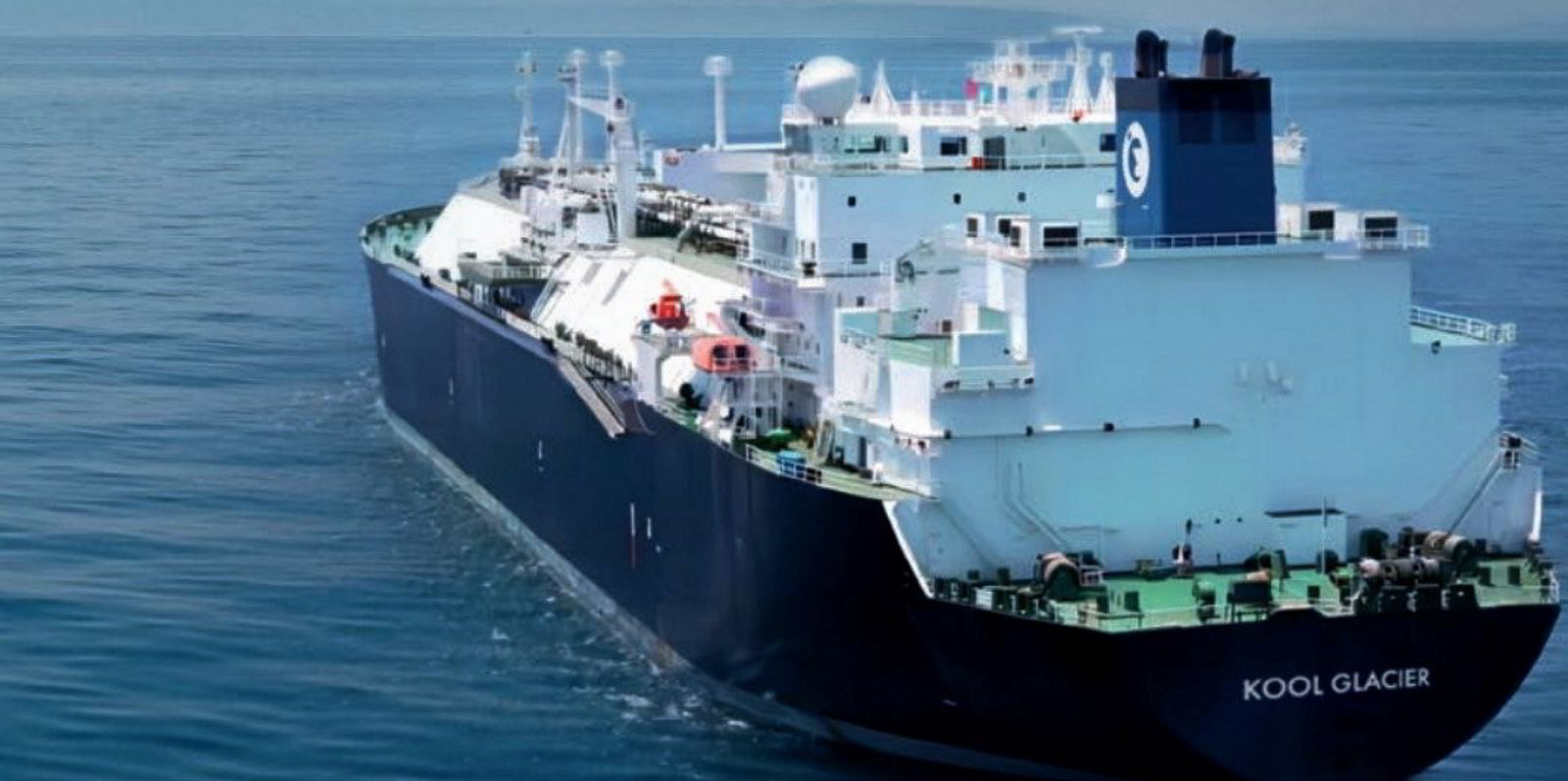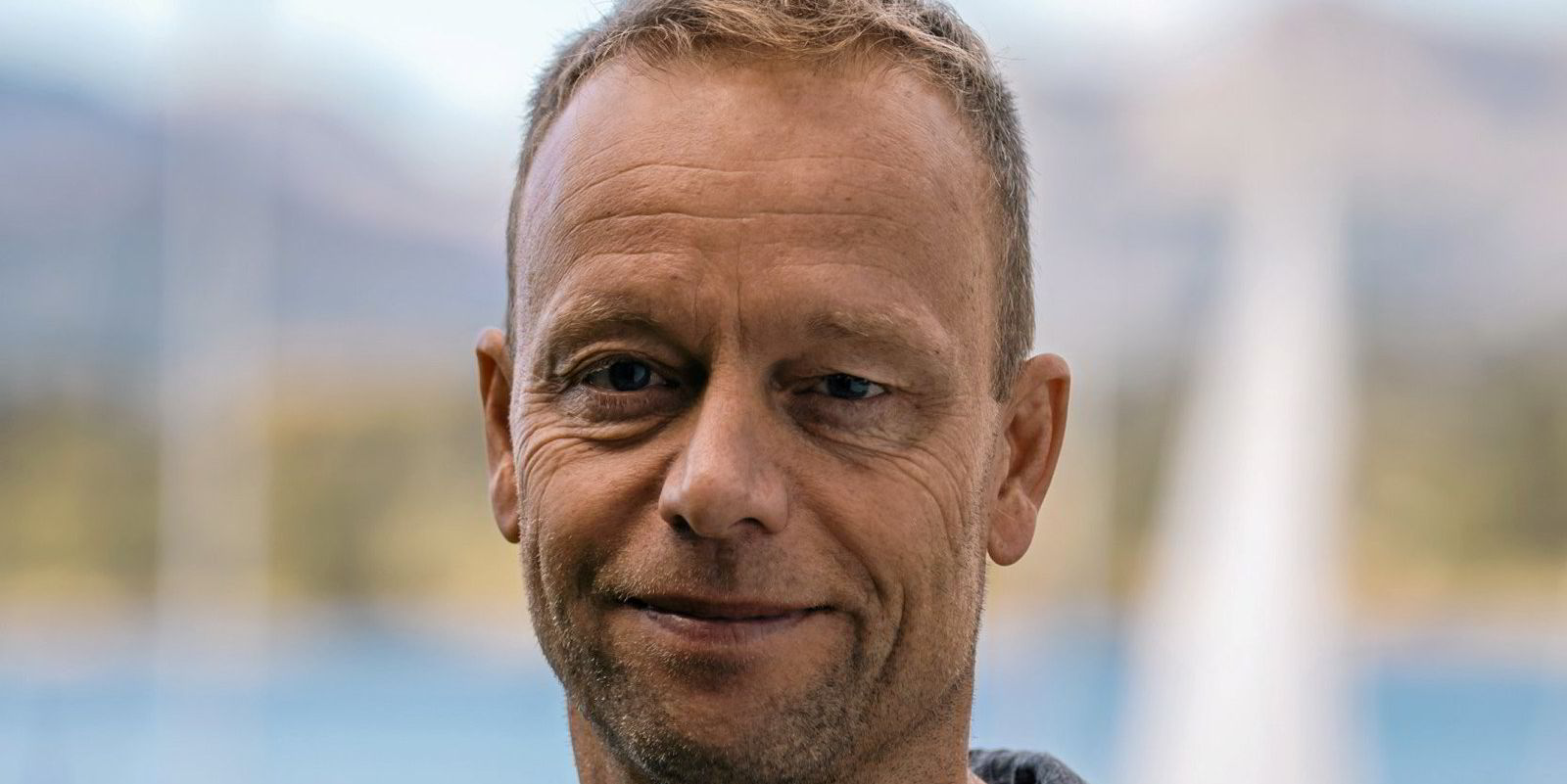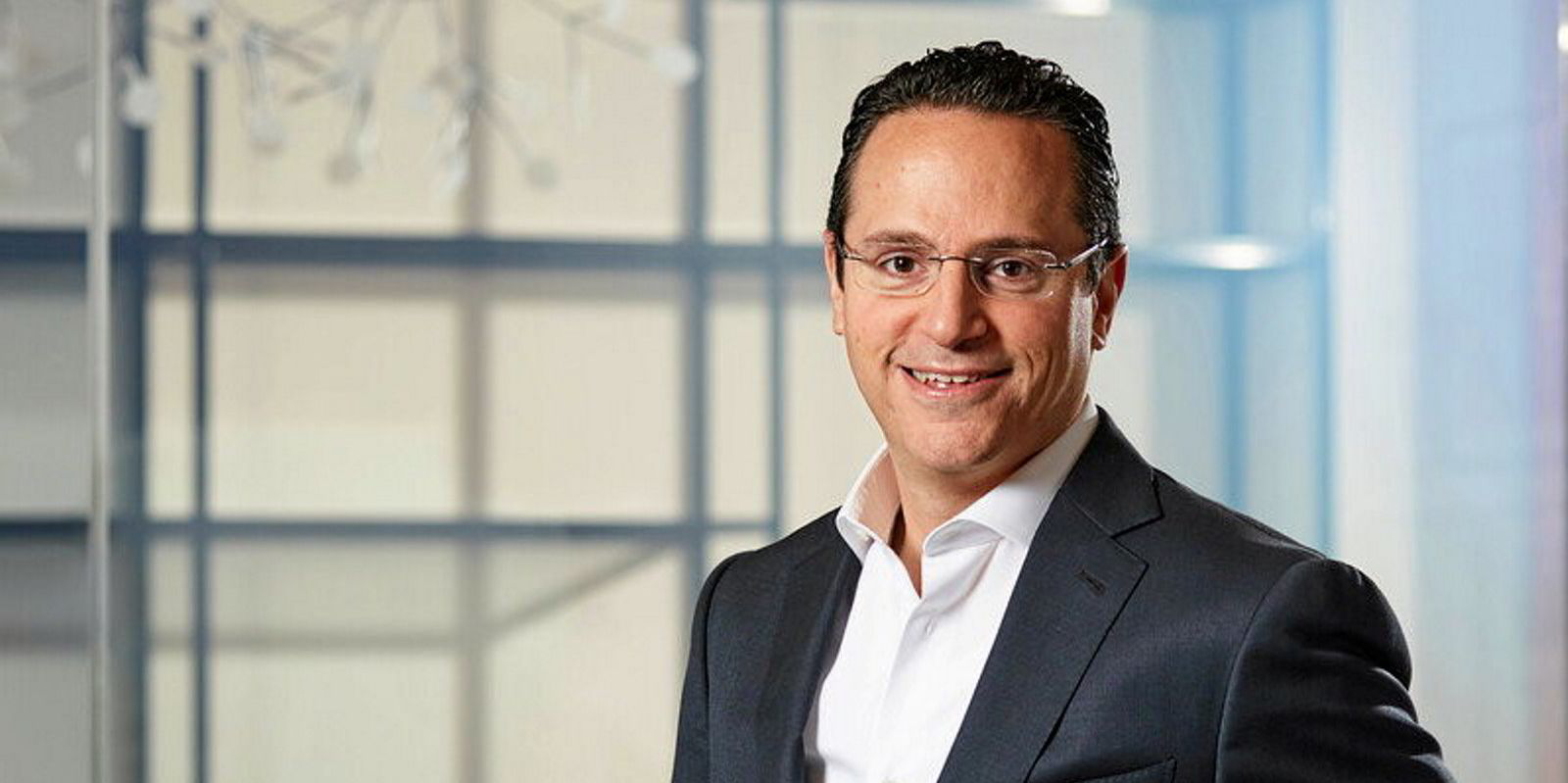Greek LNG shipowner Maran Gas Maritime is to trial Swiss-based Daphne Technology’s methane abatement system on one of its LNG carriers.
The 173,548-cbm Maran Gas Chios (built 2019), which is on charter to energy major Shell, will be fitted with Daphne’s SlipPure system.
This is an after-treatment designed to reduce methane emissions — also referred to as methane slip — from LNG-fuelled engines.
The system will be retrofitted to one of the Wartsila 34DF auxiliary engines on board the LNG carrier.
The project partners said this will help in the technical assessment and system feasibility analysis of the SlipPure system.
Daphne Technology’s PureMetrics solution, which directly measures and reports real-time greenhouse gas emissions, will also be installed on board the Maran Gas Chios for the trial with classification society Lloyd’s Register handling the dissemination of the data as an independent third-party verifier. PureMetrics was awarded approval in principle by Lloyd’s Register in June.
For the project, the UK class society is acting as independent auditor with DNV providing approvals for the retrofit.
Announcing the trial on Monday, the partners hailed it as a “joint endeavour to reduce methane emissions”.
They said that while methane slip has been “significantly reduced” in modern engines by the development of combustion technologies, it “remains a challenge” in LNG-powered vessels using older engine technologies.
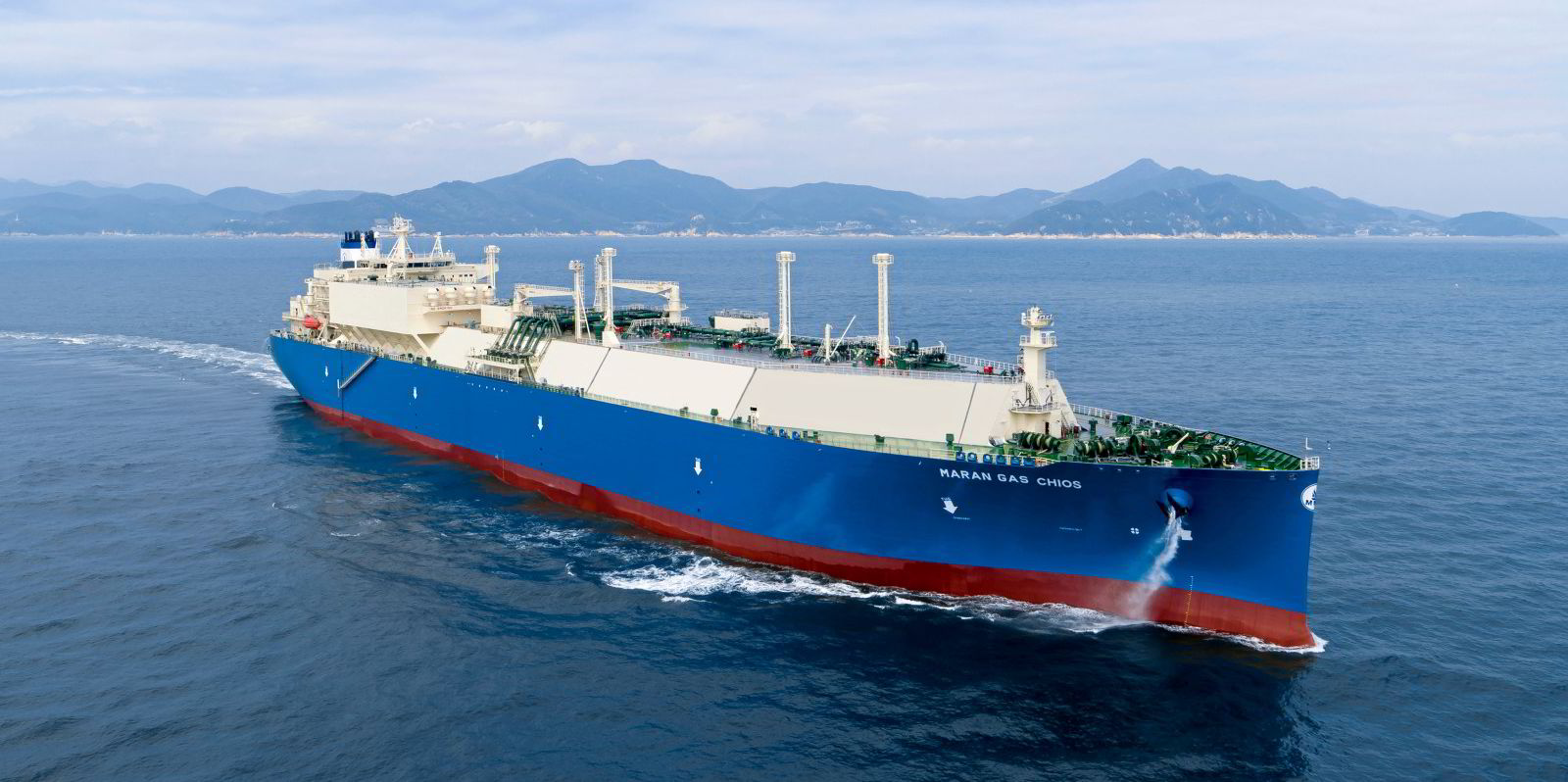
“Daphne’s SlipPure technology allows for the further abatement of methane in exhaust gas to negligible levels,” they said, explaining that this “effectively reduces methane emissions to an extent where they no longer significantly impact the overall environmental footprint”.
During a meeting with representatives of the Methane Abatement in Maritime Innovation Initiative (MAMII) at Gastech in Singapore last week, Maran Gas executive vice president and technical director Andreas Spertos revealed that the company is working with Shell and has installed methane measuring and abatement kit on an engine on one of the company’s LNG carriers.
Today Spertos said: “Maran Gas sees LNG as a readily available and mature fuel which offers substantial GHG reduction compared to the standard fuels used in shipping. At the same time, we are aware that the reduction of methane slip from dual-fuel marine engines to levels that are technically achievable is a key aim for the sustainability of LNG as fuel.
Spertos continued: “Operating a very large fleet of LNG carriers of different propulsion technologies, Maran Gas believes that addressing methane slip will help release all the potential of LNG as a low GHG emissions fuel.”
Shell technology manager Steve Brown said: “Reducing methane emissions is a top priority for the maritime industry, and this trial of innovative technology on an operational ship marks an important milestone. LNG is the lowest-carbon marine fuel available at scale today, and this project, combined with efforts to reduce upstream methane emissions, will help to enhance LNG’s decarbonisation potential even further.”
Lloyd’s Register global gas segment director Panos Mitrou said: “LR’s AiP has enabled this technology to proceed to a milestone pilot application, and the learnings from this trial will support gas industry partners in de-risking their gas assets.”
Grant Gassner, Wartsila director of integrated systems and solutions and power supply, said that cross-collaboration with stakeholders across the maritime industry is key. Gassner said projects like this play “a pivotal role in developing potential solutions towards eliminating methane slip across the maritime industry”.
DNV global business director for gas carriers and FSRUs Martin Cartwright welcomed the collaboration and said SlipPure had also received agreement in principle from DNV. “We look forward to the insights this trial will provide,” he said.
Daphne Technology chief executive and founder Mario Michan said: “By retrofitting our technology onto an LNG carrier, we aim to showcase its effectiveness in reducing methane slip, contributing to a more sustainable and environmentally responsible maritime industry.”
